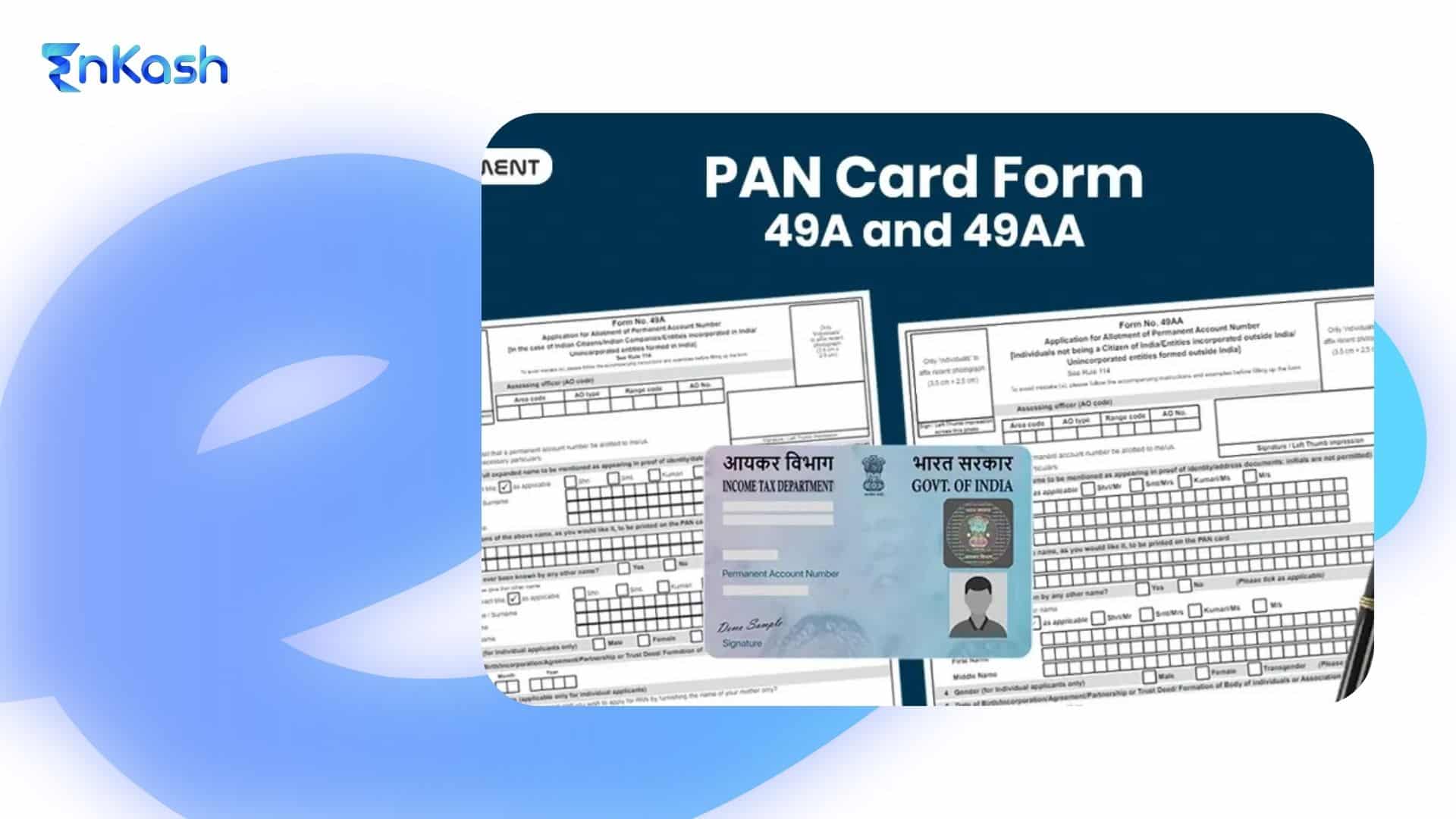Gross salary is the amount an employee is entitled to get before any required and voluntary deductions. There are several components that make up gross salary, affecting an employee’s tax payments and financial decisions. It also serves as the base for calculating benefits such as bonuses and pensions. Knowing the gross salary amount will help employees understand the financial commitment made by the company towards them. Also, the salary slabs for taxation in most countries are based on gross income, so employees should have a thorough understanding of the concept.
What is Gross Salary?
Gross salary refers to the total amount of remuneration payable by the employer to the employee before making any deductions like tax and provident fund (PF) contributions. It consists of a basic salary, special allowances and benefits as per the contract and job specification. In a nutshell, gross salary is the raw figure before your net salary is calculated.
Basic salary, house rent allowance (HRA), bonuses and allowances are some components of gross salary. Gross salary here does not mean the actual amount received by the employees in their bank accounts. The actual amount received after deduction is called net salary or take-home pay.
Components of Gross Salary
Knowing the different components of gross salary will help individuals accurately calculate the amount using the gross salary formula.
Basic Salary
This is the foundation of your gross pay and also its largest component. It is the fixed amount that forms the base for other benefits like bonuses and allowances.
House Rent Allowance (HRA)
The allowance is paid to compensate an employee’s housing expenses. It’s a percentage of the base pay and can differ according to the employee’s location and the rules of the company.
Special Allowance
Special allowances include benefits such as incentives based on performance, transport and meal allowances. This salary component can be updated based on the financial performance of the company and the role of the employee.
Read more: Meal cards
Bonuses
These are performance related incentives which are given either monthly or yearly. Some bonuses are calculated as a percentage of the gross salary and can increase an employee’s income substantially.
Provident Fund (PF) Contribution
Both employees and their employers contribute 12% of the basic salary of employees to the Provident Fund, a retirement savings plan. Though the employee’s contribution is taken from the gross salary, the employer’s contribution is added to the gross salary for CTC calculation.
Statutory Bonus
Some companies pay out bonuses to their employees based on the employee’s individual performance, and company profits, and in accordance with a range of legal provisions.
Leave Encashment
When paid leave is not used up by an employee, the company may reimburse the employee with money for those accumulated leaves.
Perquisites
When employers provide employees with privileges like stay facilities, company car or paid utilities, the transaction is known as perquisites. These benefits are often made available to senior employees and can include monetary or non-monetary perks.
Arrears
It is the amount employers owe to employees, for instance, due to delayed salary payments. When the arrears are disbursed, they will be included in the gross salary of that particular payment period.
Components Excluded from Gross Salary
Some of the benefits and reimbursements provided to employees are not included in the gross salary amount. Let’s look at the components that are excluded from gross income.
- Medical Reimbursement: The company may reimburse medical expenses for employees, but it is not mentioned in the gross salary.
- Leave Travel Allowance (LTA): It is an allowance provided for travel expenses, but it is not necessarily included as a part of gross salary.
- Leave Encashment at Retirement: The monetary payout for unused leaves when the employee retires is not included as a component of gross salary.
- Free Meals or Snacks: Meals or refreshments supplied by the employer during working hours are excluded from gross salary.
- Gratuity: Gratuity is a post-retirement compensation and is not a gross salary component.
- Employer-Provided Discounts or Health Insurance: These benefits provided for employee well-being are excluded from gross salary computation.
Read more: Account payable
How to Calculate Gross Salary?
You must now have a fair understanding of the components of gross salary. Let’s get into the technical details of how to calculate gross salary.
Gross Salary Formula
Gross Salary = Basic Salary + HRA + Other Allowances + Bonus + Perquisites
The above formula considers the various components that impact an employee’s total earnings before deductions.
Gross Salary Example
Let’s look at the monthly salary components of an employee working at an IT consulting firm:
- Basic Salary: ₹40,000
- HRA: ₹14,000
- Special Allowance: ₹6,000
- Transport Allowance: ₹2,500
- Bonus: ₹3,000
- Perquisites: ₹2,000
Let’s calculate the gross salary amount using the formula mentioned above.
Gross Salary = Basic Salary + HRA + Special Allowance + Transport Allowance + Bonus + Perquisites
Salary = 40,000 + 14,000 + 6,000 + 2,500 + 3,000 + 2,000
Gross Salary = ₹67,500
The employee’s monthly gross salary amount is ₹67,500.
Read more: Employee rewards
Difference Between Gross Salary and Basic Salary
Gross salary consists of various components like HRA, special allowances and perquisites, while basic salary is the fixed and largest component of gross salary.
- Basic salary is the core amount that an employee receives without the addition of any perks or benefits. It in fact, forms the basis for calculating other components like HRA and PF.
- Gross Salary includes everything an individual earns including all benefits and allowances paid by the employer. This amount is considered the total pay earned before any deductions.
An employee’s basic salary could be ₹40,000 and inclusion of other components like HRA, transport allowance and bonus can take the gross salary amount to ₹67,500, as illustrated in the above example.
Read more: Payroll process
How is Gross Salary Different from Net Salary and CTC?
The amount an employer spends on an employee, the total earnings of the employee and the actual amount they take home are three different figures. Let’s understand the differences between these financial amounts.
Gross Salary vs. Net Salary
Gross salary is the amount a person earns before any deductions by the employer. The net salary is the actual amount the employee receives after deductions like taxes, PF contributions and insurance.
Net Salary = Gross Salary − Deductions
Continuing with the gross salary example above, where the employee of the IT consulting firm has a gross salary of ₹67,500. Let’s consider the below deductions are applied to the gross salary:
- Income Tax: ₹3,375
- Provident Fund: ₹4,725
- Professional Tax: ₹300
The net salary calculation is as follows:
Net Salary = Gross Salary − (Income Tax + Provident Fund + Professional Tax)
Net Salary = 67,500 − (3,375 + 4,725 + 300)
Net Salary = ₹59,100
Thus, the employee’s net salary is ₹59,100 after all deductions.
Gross Salary vs. CTC (Cost to Company)
CTC is the total amount spent by an employer on an employee in a calendar year. This amount includes gross salary, plus the benefits provided by the employer and any expenses they incur like PF contributions and health insurance.
The formula for CTC calculation is as follows:
CTC = Gross Salary + Employer’s Contributions
Again, continuing with the above example, if the employer contributes ₹4,725 towards PF and ₹2,200 for health insurance, the CTC can be calculated as:
CTC = 67,500 + (4,725 + 2,200)
CTC = ₹74,425
Thus, the employee’s monthly CTC is ₹74,425.
Why is Understanding Gross Salary Important?
Understanding the component of gross salary is essential for the below reasons:
Tax Planning
Gross salary forms the foundation of tax payment calculations. By knowing your gross salary income you can accordingly invest in tax-saving schemes and prevent the chances of fines due to underpayment.
Loan Applications
Several financial institutions like banks look at an individual’s gross salary before deciding on a loan application. A higher gross salary may increase your chances of getting your loan or credit card application approved with favorable terms.
Salary Negotiation
When negotiating your salary, you should try to frame the amount in terms of the gross salary. In this way, you’ll get a much better idea of what package the employer is offering (including perks and benefits), rather than simply focusing on the net salary.
Financial Planning
Knowing the gross salary can help you calculate the take home amount after deductions. This can help you plan for deductions and also budget your expenses.
Common Mistakes in Understanding Gross Salary
Here are some of the common mistakes employees should avoid while considering the concept of gross salary.
- Confusing CTC with Gross Salary: CTC and gross salary are two different financial figures. Your CTC includes additional components like benefits and contributions made by employers.
- Ignoring Deductions: New employees often make the mistake of considering gross salary the take home amount. But that is not the case; deductions such as taxes and PF contributions will be deducted and the actual in-hand salary will be lower than the gross salary.
- Overestimating Allowances: Employees may overestimate the significance of allowances like HRA or transport. In reality, these allowances can vary depending on internal policies and the employee’s work location.
Reporting Salary on Taxes
In the majority of tax systems, an employee’s gross salary is used as the base to calculate their tax payments. For instance, under India’s Income Tax Act, 1961, employees are required to report their income from salaries. Here, you are expected to report your gross salary, on which your tax liabilities will be calculated. Employees, though, can reduce their taxable income using sections like 80C and 80D to claim deductions.
Section 80C allows you to claim deductions on various investments such as life insurance, PF, or equity-linked savings schemes, and so on. Section 80D allows you to claim deductions on your health insurance premium. Thus, knowing the components of gross salary can help you invest in better tax-saving schemes.
Taxation Slabs and Rates
Most countries have implemented a progressive taxation process. This means that the taxation increases as the income of an individual increases. For example, in India, income tax is levied as per people’s income range. Below are the taxation slabs in India (subject to change as per budget):
- Income up to ₹2,50,000: No tax
- Income between ₹2,50,001 to ₹5,00,000: 5% tax
- Income between ₹5,00,001 to ₹7,50,000: 10% tax
- Income between ₹7,50,001 to ₹10,00,000: 15% tax
- Income between ₹10,00,001 to ₹12,50,000: 20% tax
- Income between ₹12,50,001 to ₹15,00,000: 25% tax
- Income above ₹15,00,001: 30% tax
A 4% health and education cess is also applied on the total income tax.
Under Section 87A, the government also offers a rebate for taxpayers with less than ₹5,00,000 annual income, making them effectively tax-free.
Conclusion
Knowing what is gross salary, its components and calculations can help employees better manage their tax liabilities and financial obligations.
Gross salary is the earnings of an employee before any deductions are made from it and is an essential part of their compensation package. The components of gross salary include basic salary, HRA, travel allowance and benefits. It is important to understand that gross salary differs from net salary and CTC – this will help you better plan your finances. As an employee, knowing how to calculate gross salary is an essential skill you must have for financial awareness and growth.
FAQs
What is the role of gross salary in determining tax liability?
Gross salary is typically the starting point for figuring out how much of the income is taxable. Although not all parts of the gross salary are taxed, knowing the elements of the gross salary helps to determine what is exempt or deductible. The higher the gross salary, the higher will be the tax liability.
Does gross salary include employer contributions to the PF?
Gross salary doesn’t include the employer’s part of PF contribution, it is however included in the CTC.
Are bonuses included in gross salary even if they are not paid monthly?
Yes, any bonus paid out monthly, quarterly or yearly will form part of the gross salary. The bonus could be either performance linked or statutory bonus and will be added to the gross salary in the month or year of disbursement.
Will arrears affect my gross salary for the current financial year?
Yes, arrears are back payments for corrections or salary increments. They are included in the gross salary of the same year that they are paid (regardless of when the increase or correction was made) and this can increase the gross income for the period that the arrears are paid.
How does HRA affect my taxable gross salary?
HRA is a component of gross salary, which can be partially or fully exempt from income tax depending upon the fact whether you live in a rented house or have your own accommodations. The taxable income can be reduced by considering factors like salary, HRA allowance and rental payment.
Does gross salary impact loan eligibility?
Yes, most financial institutions consider a loan applicant’s gross salary for eligibility purposes. Some may also verify the applicant’s net salary to understand if they are capable of repaying the loan.
Is gratuity included in gross salary or CTC?
Gratuity is not included in gross salary but is a part of the CTC. It is the amount a company pays an employee at the time of retirement. It is not paid as a part of the monthly salary. At the time of leaving or retirement from a company, this amount is disbursed separately.
How do allowances like transport or conveyance impact gross salary?
Allowance types like transport or conveyance are considered as part of the gross salary as employers offer them as a part of the complete compensation package. Some of the allowances may be exempted from tax (as per set limits), which can bring down an employee’s taxable income.
Are perquisites included in my gross salary?
Perquisites such as a company car, free utilities or staying facilities are regarded as part of your total compensation but are not included in your gross salary. They might, however, be considered as part of your income and their monetary value may be considered for calculating taxes.
How can gross salary fluctuations affect my income tax refund or liability?
Your gross salary may fluctuate due to reasons like bonuses or arrears – this can push you into a higher tax bracket temporarily and increase your tax liability. It could also affect TDS calculation, resulting in higher refunds or tax payments.












